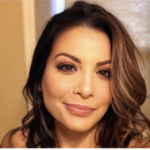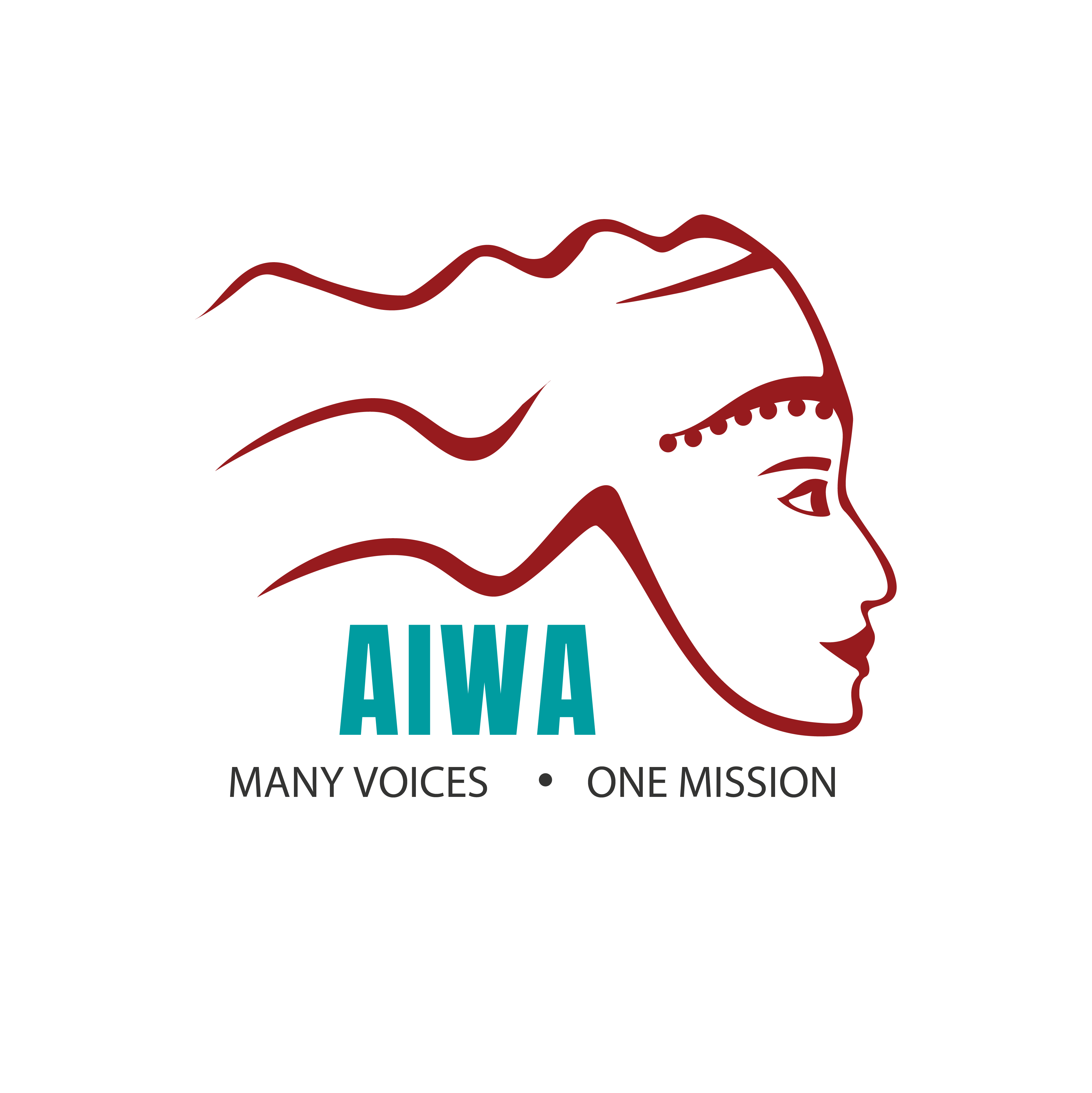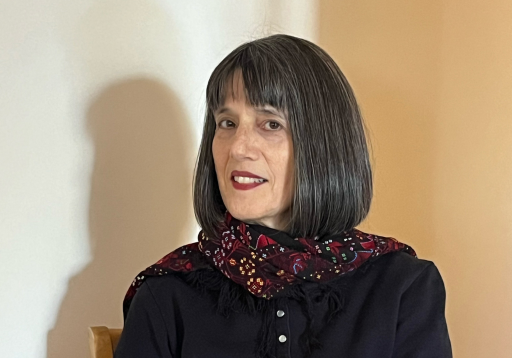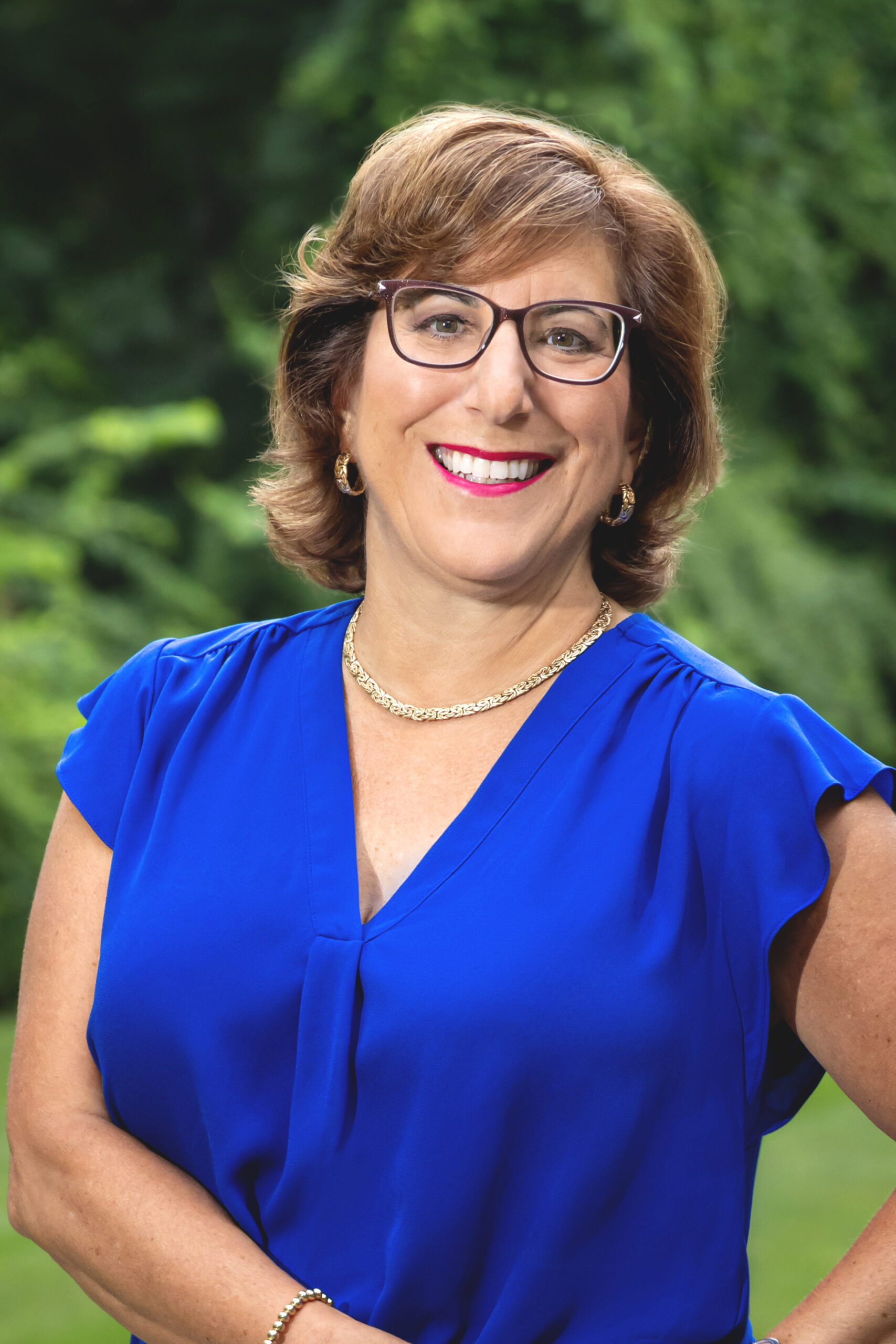
Linda Berberian
Today, we feature Linda Berberian, Journalist.
Linda Berberian is an Independent Journalist currently focusing on Armenia related stories. She is also a Corporate Communications and Staffing Director in the healthcare industry.
Although Berberian has spent much of her career in the healthcare industry’s corporate arena, her true passion has always been journalism. She is a published journalist in local magazines and has previously written for both the Armenian Weekly and the Armenian Reporter newspapers. She is most recently recognized within the Armenian community for her coverage of the Artsakh (Nagorno-Karabakh) war, human rights activism and Armenian related causes. She has always remained active in the Armenian community and continues efforts in strengthening her connections with Armenians worldwide.
Prior to her current role, she worked as the Copywriter and Staff Recruiter for an Atlanta based company providing on-site health and wellness services. She also served as Vice President of Corporate Communications for a medical diagnostic testing services company where she managed a team of 30 employees. Early on in her career, Berberian was the Public Relations Manager for a global telecom company and Public Relations Assistant for the Department of Corrections’ Office of Public Information. She earned the Venice Nutritional Coach certification in 2015 to further broaden her knowledge on health and wellness related topics.
Before crossing over into public relations, she began her career as a reporter for the Suburbanite New Jersey newspaper writing for their weekly special edition covering the city of Teaneck. She landed interviews with acclaimed authors, artists and musicians as well as television and radio personalities, in addition to her coverage of human interest and investigative stories.
Berberian holds a Bachelor of Arts Degree in Communications/ Journalism from Fairleigh Dickinson University in NJ, where she served as News Director/Anchor for its television and radio stations and was a reporter for the university’s newspaper. She currently resides in Los Angeles, California and can be found on Twitter, LinkedIn, Instagram, Facebook, Medium and Clubhouse.
Q: What is your life philosophy?
I was looking for motivational wall art to place above my home office desk and I came across one that says, “Work hard, be kind and stay humble”. I really feel those words encompass the way I would like to continue to live my life. Having a sense of humor also really helps.
Through all my experiences, I have concluded that you have multiple purposes in life and they don’t have to be the same as everyone else’s. I’ve also learned some things are just not meant to be and dwelling on what you don’t have only brings unnecessary pain.
Life doesn’t give you just one path to take either, but rather a series of paths leading to where you need to be. As long as you can pursue your passions in some capacity or another, I think everything else will eventually fall into place. It’s important to also believe in yourself and to never think it’s too late to chase your dreams or aspirations.
In 2018, I had to undergo life-threatening surgery, in 2019 my dog of 18 years passed away, in 2020 the global pandemic hit and in September of the same year the Artsakh war started. Life will always come with challenges, some much more difficult than others, but even in your darkest days the light will always come back, and you somehow find the strength to rise again.
Q: What was your awakening(s) and what did it teach you?
Through all this, I found yet another purpose in life. At the start of the war, I felt it was my responsibility as an Armenian to spread global awareness of what was happening in Artsakh and Armenia, to stop misinformation and disinformation from being shared, and counteracting propaganda against Armenians. I also wanted to make sure my social media pages were credible and reliable sources of information. It was equally as important for me to step back from the political noise in Armenia so that I can report on what was going on without taking sides. From there, I began to write the stories about Armenian prisoners of war and those missing in action as well as other Armenian related articles.
I don’t consider being a journalist as a job because it’s part of who I am. Armenian is in my blood while journalism is in bones, that’s how I feel. I always knew something profound would happen, an event so powerful and so important to me, that would make it impossible not to pursue the stories and seek the truth. The one-on-one conversations with the people behind these stories are what I love most about being a journalist.
During these past six months, I also realized the crucial role of independent journalists covering the Artsakh war and its aftermath, especially foreign journalists who brought the world unbiased accounts of what happened.
Q: What is your favorite thing about being Armenian/Armenians?
Our culture, traditions, music, food, dance, language, our people, the incredible history and beauty of Armenia. As you can see, it’s impossible for me to choose just one favorite aspect of being Armenian.
Having meaningful connections has always been important to me especially with Armenians. Being able to form these incredible bonds and friendships, even sometimes without meeting them in person is truly remarkable and I am so grateful for the support I’ve received from my Armenian sisters and brothers.
Q: We called 2020 the year of the upheaval and awakening? What were your biggest upheavals and what did they teach you? What was your awakening(s) and what did it teach you?
My parents still live in New Jersey and this has been the longest period I’ve gone without seeing them since I moved to California in 2012. I was there for the holidays and didn’t return to Los Angeles until in March 2020 and a week later the state-wide quarantine order was issued.
Suffice to say that 2020 brought us unprecedented challenges and when Azerbaijan launched a full-scale attack on Artsakh during a global pandemic, Armenians faced the unimaginable. It goes to show how our lives can change in an instant and how “normal” life took on a whole new definition. At the same time, all the recent horrific events remind us of how resilient we can be.
Q: What is your hope for the future?
My hope lies in Armenia to be strong again, to survive, for us to preserve our identity and to strengthen the connection between Armenia and the Diaspora. I have many stories to write in the pipeline, and one of them is an article series based on interviews with Armenians from around the world. I’m quite behind but still very committed to these stories as I believe that having open dialogue between Armenia and the Diaspora is vital to maintain our unity. One cannot survive without the other. I truly hope that future generations will know that during our most challenging times we found a way to carry on. I don’t know whether we will ever regain our lands in Artsakh. I don’t have the answers as to what choices are best for Armenia, however I can only hope that whatever decisions are made will sustain us and secure our future.
Q: How has the Armenian culture shaped/influenced you?
My Armenian values, culture and traditions are all part of my identity. I remember when my mother told me that even though my brother and I were born in the US, it was very important that we learned Armenian and English at the same time. I love being an American but being Armenian goes much deeper as far as my identity. I can speak, read and write fluent Armenian and that is attributed to my parents. I’ve always been an active member in the community starting at a very young age and I’ve made lifelong friends through various Armenian organizations including AYF, HMEM and Hamazkayin Dance Ensemble and from the Hovnanian Armenian School in NJ that I attended for three years.
Additional comments
On Friday, I interviewed former POW Maral Najarian for the first time since her release and I’m working on her article for this week.(Published April 1, 2021). I’m also planning on writing additional articles on other released Armenian prisoners of war and possibly pursuing the story of Viken Euljekian, who is still held in Azerbaijan captivity.
To date, there are still more than 250 Armenian POWs held captive by the Azerbaijan government since the November 10, 2020 trilateral ceasefire agreement and some 1,600 military personnel and civilians still missing in action since the start of the war. As far as the matter of the POWs and MIAs, it is imperative we continue global wide community efforts demanding that they all be returned home.
NOMINATE A THRIVE RECIPIENT
Do you know an amazing Armenian Woman to nominate for AIWA Thrive?





